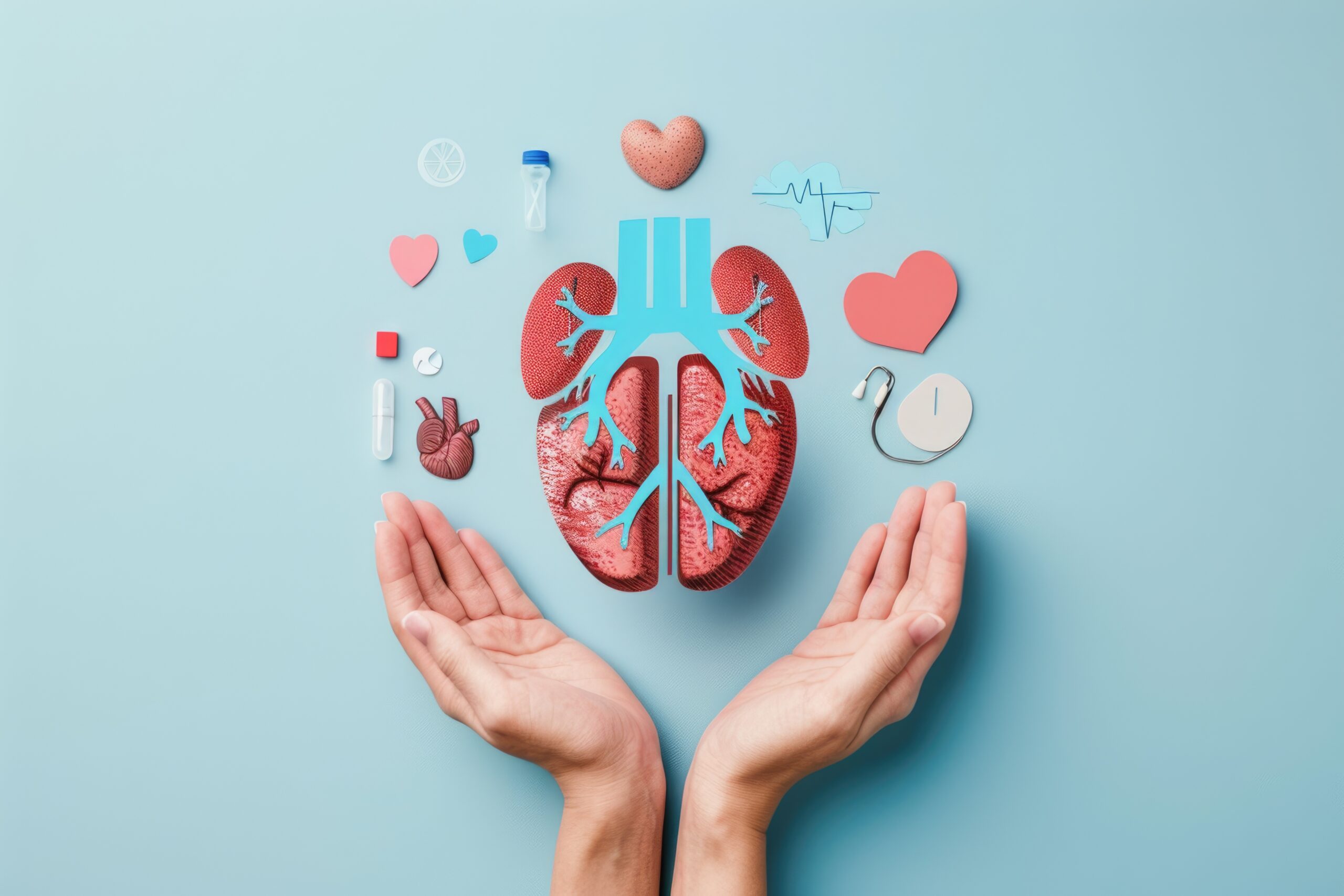Full body donation is an impactful and selfless way to contribute to medical research, education, and the advancement of healthcare. It offers an opportunity to leave a lasting legacy that helps future generations of healthcare professionals and researchers. If you’re considering full body donation, here are 9 key things to know about the process, benefits, and legal considerations.
1. It Requires Advance Planning
Unlike organ donation, which can be registered on a driver’s license, full body donation requires advance planning. You must contact a body donation program and register your intent to donate your body after death. This ensures your wishes are met and that the donation process runs smoothly.
2. Body Donation Is Different from Organ Donation
While organ donation involves donating specific organs for transplant, full body donation is for scientific, medical, or educational purposes. Donated bodies are used in medical schools, research labs, and teaching hospitals to help future doctors, nurses, and medical professionals.
3. Body Donation Is Not a Costly Process
One of the significant benefits of body donation is that it is generally cost-free. Many body donation programs cover the costs of transportation, preservation, and cremation. This can be an affordable alternative to traditional funeral services.
4. Your Body May Be Used for Medical Research and Education
Donated bodies are often used in medical research, helping scientists understand the human body, disease processes, and surgical techniques. They are also used in medical schools to provide students with hands-on experience in anatomy and surgery. This contributes to the advancement of healthcare and improves treatment options for future patients.
5. You Must Be in Good Health to Donate Your Body
While many people are eligible to donate their bodies, certain health conditions or causes of death may disqualify you. Some medical conditions, such as infectious diseases or extreme body damage, may prevent your body from being accepted for donation. Each donation program has specific criteria, so it’s essential to check with the program in advance.
6. Body Donation Is a Legal and Recognized Form of Disposition
Donating your body is a legal form of final disposition, just like burial or cremation. Once your body is donated, it will be used for research or educational purposes, and after its use, it is typically cremated, with the ashes being returned to the family or scattered, according to your wishes.
7. The Donation Process Must Be Arranged Before Death
It’s important to plan ahead. Once death is imminent, the body must be transported to the designated donation facility as soon as possible—usually within a few hours of death. This is why it’s crucial to have arrangements in place with a specific donation program before passing.
8. You Can Specify How Your Body Will Be Used
Some body donation programs allow you to specify how your body will be used. For example, you might request that your body be used for specific types of research or medical education. Be sure to discuss these preferences with the program to ensure your wishes are respected.
9. Your Family Must Be Informed
It’s essential to inform your family about your decision to donate your body. They will need to give final approval when the time comes, and understanding your wishes beforehand helps them follow through with the legal and logistical steps involved in the donation process.
Final Thoughts
Full body donation is a selfless and meaningful way to contribute to medical science, healthcare education, and the advancement of medical technologies. By donating your body, you are leaving behind a legacy that will directly benefit future generations of medical professionals and help improve treatments for diseases and conditions. If you’re considering body donation, it’s important to plan ahead, communicate your wishes clearly, and ensure that all necessary legal documentation is in place.
If you’re ready to make this impactful decision, contact a body donation program to begin the registration process and learn more about the options available to you.
If you have feedback, questions, or ideas for future articles or Information Hubs, please contact us. Your insights help us create valuable content.


